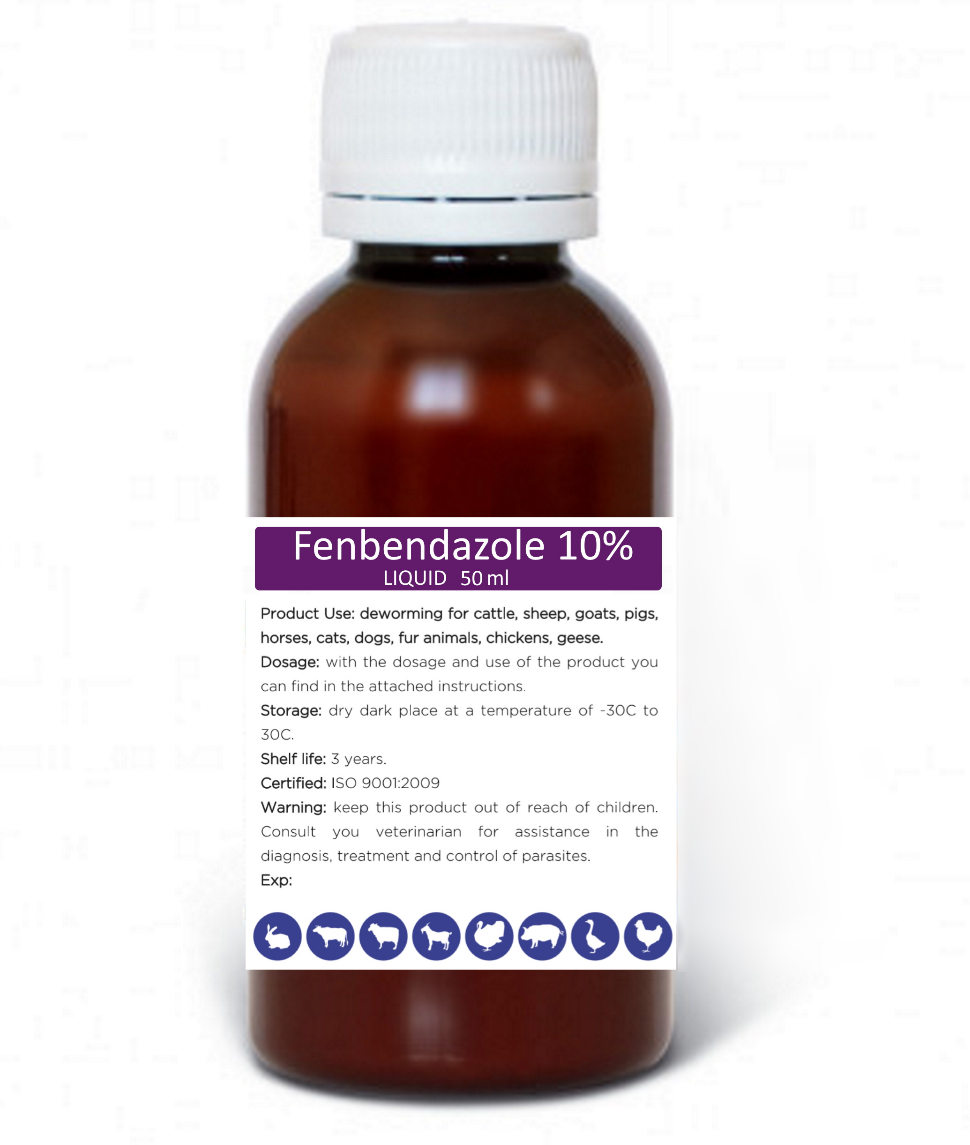Fenbendazole (BEN-de-BENZO) is a benzimidazole and moderate microtubule destabilizing agent that causes cancer cell death by modulating multiple cellular pathways. Specifically, fenbendazole disrupts microtubule assembly and stabilization, interferes with glucose metabolism, stalls protein production, and promotes autophagy and oxidative stress through the inhibition of glutathione peroxidase 4 (GPX4) in colorectal cancer cells.
Initially developed for use as an antiparasitic medication against gastrointestinal parasites such as pinworms, giardia, roundworms, hookworms, and Taenia solium, fenbendazole is also widely used in animal models as a tumor model drug. Since fenbendazole is generally well tolerated by humans, it is currently being investigated as an oral cancer treatment. A number of people claim that fenbendazole and other supplements have helped them overcome various types of cancers, including liver, prostate, and breast cancers.
These claims were fuelled by the Joe Tippens Protocol, a set of supplements and medications that a US man named Joe claimed to have cured his terminal cancer in 2016. A specialist cancer information nurse told Full Fact that there is no evidence that fenbendazole cures cancer. She said that a cancer is a complex disease and that while drugs tested in animals and cells can look promising, they won’t work as a cure until they are clinically tested in human trials.
Interestingly, a recent study published in Frontiers in Oncology has found that fenbendazole can help prevent the formation of new cancerous cells in the colon. This effect was attributed to fenbendazole’s ability to inhibit the growth of pre-cancerous cells, which in turn suppresses tumor progression.
In the experimental models, fenbendazole significantly inhibited the growth of EMT6 tumors in vitro using a colony formation assay. In contrast, fenbendazole did not affect the viability of normal colon cells in the same assay. The results were interpreted as being due to the disruption of the microtubules, stabilization of p53, and interference with glucose metabolism in fenbendazole treated cells.
To test these mechanisms of action in vivo, mice with EMT6 tumors were treated with three daily i.p. injections of fenbendazole alone, or with fenbendazole plus 10 Gy of x-rays. Tumor growth was compared between groups. The results showed that neither the fenbendazole alone, nor the combination of fenbendazole and x-rays, was effective in inhibiting tumor growth in the mice.
The researchers observed that fenbendazole caused the activation of p53, but not the activation of p38, ERK, or JNK. The investigators speculated that this may be because fenbendazole induces autophagy through the increased expression of Beclin-1, and in turn reduces GPX4 expression. This in turn might prevent GPX4-mediated ferroptosis.
They also found that the GPX4-mediated form of autophagy was effective in killing cancer cells, but not non-cancer cells. They concluded that this suggests that the combination of GPX4-mediated ferroptosis and p53 activation might be a viable approach to treating colorectal cancer. This could be combined with other agents that increase sensitivity to x-rays and radiotherapy, such as the hypoxia-selective nitroheterocyclic cytotoxins or vinca alkaloids.fenbendazole cancer treatment
